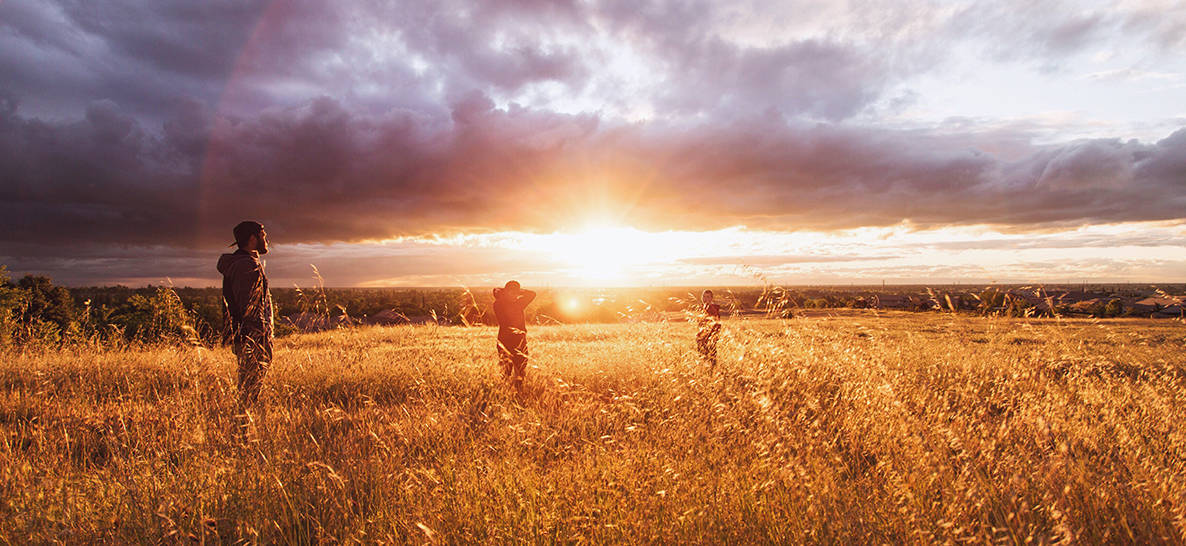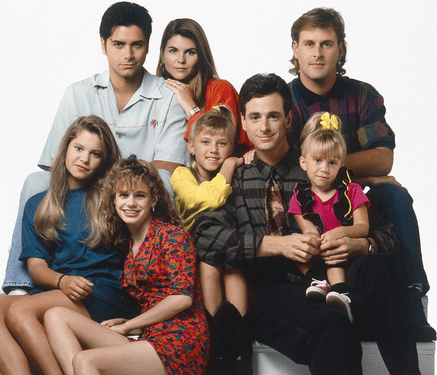
I’ve been a Christian most of my life, and part of what sustains me, I think, is that along the way, when in one season my faith stopped making sense to me, when it stopped connecting with me in a deep way, I had the tools and imagination I needed to refashion my faith. I was never presented an all-or-nothing way of faith, but rather a wide vision for how people connect with God—through prayer and poetry, through nature and study, though singing and silence.
Essentially, each Christian needs many tools in the toolbox. The toolbox is not a poetic image, I know. I tried to find a better one. Lots of colors in your palette? Lots of spices in your spice rack? Terrible, I know. This is why I keep coming back to the toolbox.
Because for a while the tools that worked for me were youth group, morning quiet times, singing worship songs. Then for a while the tools that worked for me were poetry, silence, sitting by the ocean. Then writing, then singing again. In this season, centering prayer, truth-telling with my closest friends, meditating on sections of scripture.
So many people I talk to are trying to find language for what’s happening inside them, and often the closest they can get is that their faith has stopped working. For many of them, I think possibly what they mean is that the tools they’ve been using to experience a life of faith have stopped working.
I was walking with a dear friend last summer. She became a Christian in her early twenties. For the first several years of her relationship with Jesus, worship music was so important to her—she loved to sing, to hear other people singing, to gather with other Christians at church services or worship concerts.
Fifteen years later, she didn’t feel like singing. The same albums weren’t connecting, the songs she’d loved then rang hollow now. She was afraid that she was losing her faith.
As we walked, I told her I wasn’t afraid. I told her I didn’t think she was losing her faith, but rather that she was outgrowing the tools that had worked for a season. I recommended a stack of books—I always do, because books were and are some of the most fundamental tools in my own spiritual growth. I recommended Christian counseling, another tool that has helped me so much in different seasons.
We talked that day about growing up as Christians sort of the same way kids grow up—you’d never expect a five year old to act the same way as a twelve year old or as a twenty year old, but sometimes we expect our Christian lives to be quite static, and quite similar to one another.
So much of spiritual growth, I’m finding, is adding tools to the toolbox, and connecting with God in ways that are right for each season of life. Some seasons require poetry, and others preaching. Some season mystery, some music. Some seasons call for silence, some for deep connection.
I’m a church girl, a pastor’s kid. Local church life runs in my veins. It makes sense to me, in the deepest way. For all sorts of reasons, though, in late high school and early college, I needed a little distance from church life. And so instead of going to church, I went to the ocean. It made sense to me, because the ocean is always where I’ve felt God’s presence most acutely—the ocean, the church, and the table, all three.
So I’d settle myself on a rock at Biltmore Beach, just down the hill from my college in Montecito, and I’d listen for God’s voice, or at least the sense of His spirit. And over time, what was broken in me got repaired, stitched up by the salt air and the silence and the spirit of God, and I started going to church again, with a new love and respect for it, after the distance.
I think what trips some of us up is the all-or-nothing approach—the idea that if you don’t experience your faith the way you always have, then it’s broken, or worth walking away from. Every relationship changes, and it makes sense to me that our relationships with God change, too, as we grow up and change. That’s good—as long as you have all sorts of tools in the toolbox.
The tools, of course, are about as wide as you can imagine, but some that have been meaningful along the way for me have been books, poetry, counseling, friendship, spiritual direction, the Enneagram, centering prayer. The most central for me, of course: the church, the table, the ocean.
Some that have helped my dear friends: theology, solitude retreats, liturgy, guided meditation, Taize, inductive Bible study, seminary, Lectio Divina, reading the mystics and Desert Fathers, travel, silence, serving, fasting, the Prayer of the Examen.
God wants to connect with us, and He created each one of us so uniquely. It makes sense, then, that we would connect with Him in all sorts of unique ways, and that as our lives change, our ways of experiencing faith would change, too.
The toolbox, clunky image that it is, makes me feel hopeful, like my journey of faith will be long and surprising, full of discovery and beauty, full of silence and singing, each in their seasons, full of experiences with God that I can’t even yet imagine from where I am right now.






















